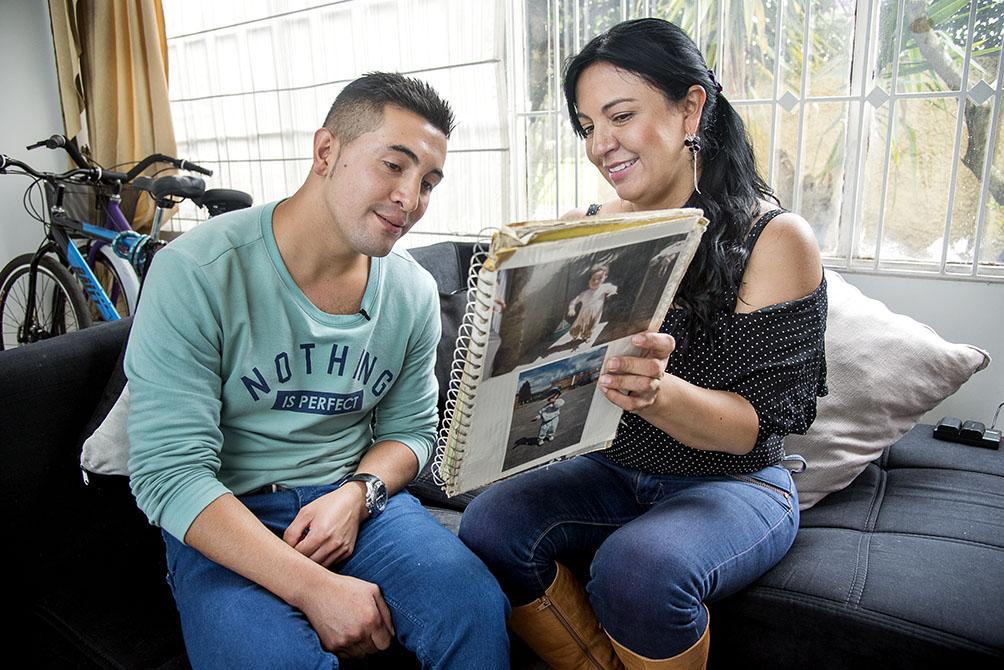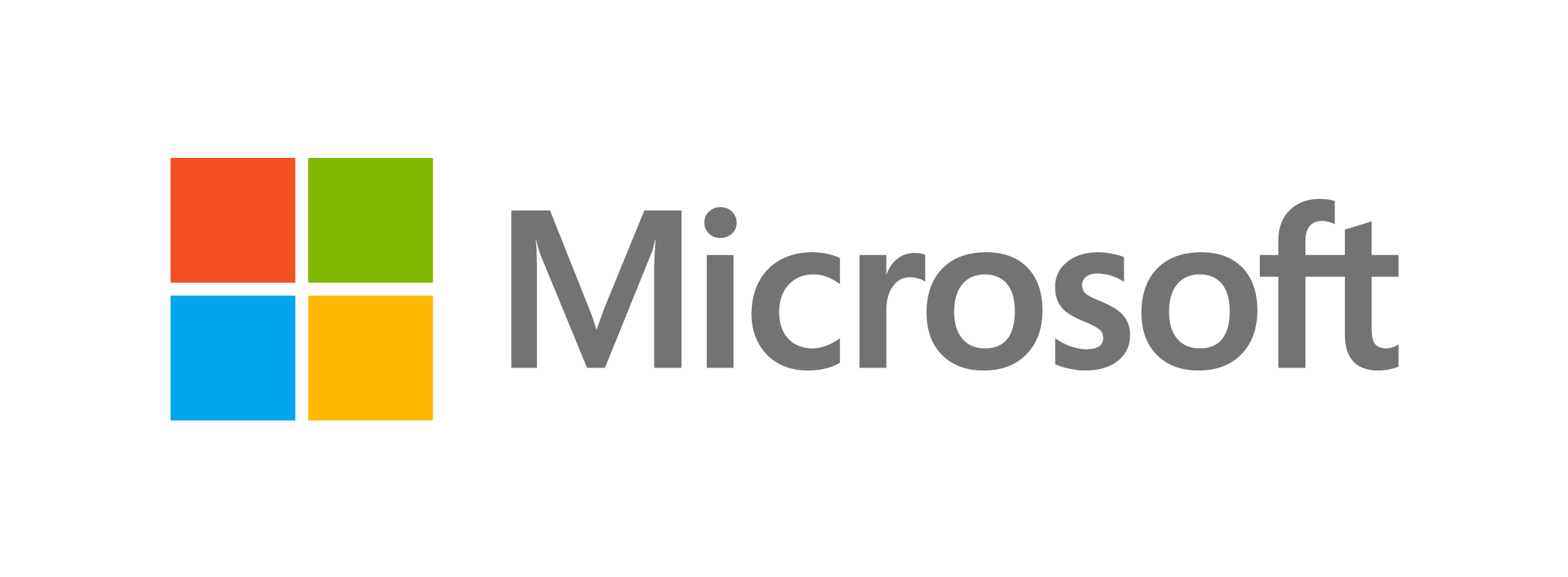With Surgery and Modern Technology, Operation Smile Gives Hope and Dignity to Children

With Surgery and Modern Technology, Operation Smile Gives Hope and Dignity to C…
By Vanessa Ho
Kids in the Philippines threw rocks and slurs at a 6-year-old boy when he tried to go to school. In Madagascar, an 8-year-old girl was shunned by her village and abandoned by her mother, who couldn’t overcome the stigma of her daughter’s condition. In Morocco, a 12-year-old girl hid in shame at home, so no one could see her face.
All three children had a cleft condition, a birth defect that disfigures one in every 500 to 750 babies worldwide. They endured cruelty and isolation for years until a surgery by Operation Smile profoundly changed their lives.
Since its founding in 1982, the global nonprofit has provided free and safe surgeries in low- and middle-income countries for more than 270,000 children and young adults with cleft lip, cleft palate and other facial deformities. For many patients, surgery is a first step to a happier life in a long road of multiple surgeries, orthodontia, speech therapy and psychological care – all provided by the nonprofit.
“The work we do is about the restoration of dignity. It’s really borne out of compassion,” says Chris Bryant, senior vice president of enterprise applications and technology at Operation Smile.
“We believe that every child, every person has dignity, but children born with cleft lip or cleft palate suffer from repeated violations of their personal dignity. We exist as an organization because there is a straightforward and safe way to fix that.” Untreated cleft conditions can also lead to malnutrition, hearing loss, dental problems and speech difficulties.
Last fiscal year, Operation Smile conducted medical missions in 28 countries with 3,700 medical volunteers who provided surgical, dental, post-operative care and screenings in 415,000 patient interactions. Many patients and families travel days to reach a mission site, sometimes crossing rivers barefoot or walking hours from a remote village, just for a chance at transformative surgery. About 21,000 screened patients get surgical or dental care a year.
To ensure high-quality work that reaches as many people as possible, Operation Smile runs a tight ship with the help of modern cloud technologies from Microsoft Philanthropies. It uses SharePoint to manage the complex logistics of missions, which include large teams of international volunteers, medical trainings, patient care and surgical evaluations.
“Mission planning requires a tremendous amount of coordination,” Bryant says. “We used to do it on paper or in discrete documents and it was difficult at best. Today we use SharePoint to efficiently corral all the information and share it across the globe in a secure and consistent manner.”
Azure’s global data centers help ensure that patient data is securely stored in compliance with local privacy laws, whether a mission is in the highlands of Honduras or the tropics of India. And a new solution with SharePoint and Power BI has enabled Operation Smile to evaluate surgeries faster.
Evaluations, which compare pre- and post-operative photos, used to take four months, but the digital solution has cut that time in half, making feedback quicker in helping plastic surgeon volunteers deliver the best possible care. Power BI analytics at country, mission and surgeon levels also have the potential to ultimately inform the most effective techniques in repairing specific cleft conditions.
“We want to achieve the optimal surgical result,” says Bryant. “The new evaluation system reduces process latency and has quickly become a key component of our strategy to confirm consistent delivery of quality results.”
The nonprofit wants to accelerate evaluations even more by exploring artificial intelligence to analyze photos with a facial modeling algorithm and possibly the AI-powered Microsoft Pix camera app. And it wants to double the number of surgeries it can provide.
“Scaling at this level is not just about doubling our staff,” Bryant says of Operation Smile’s 300 global employees. “We have to be smarter in how we execute missions, fundraise and utilize resources. Leveraging Microsoft technology is an important part of our strategy to extend our reach and help more children.”
The software is part of Microsoft Philanthropies’ Tech for Social Impact program, which empowers nonprofits and humanitarian organizations with technology to advance their missions. With recognition that many nonprofits have limited IT staff, the program provides solutions and resources that help nonprofits innovate new ways to tackle global issues.
“We’re dedicated to making the benefits of world-class cloud technology accessible to nonprofits and delivering solutions with our partners that help them achieve greater mission impact,” says Erik Arnold, CTO of Microsoft Tech for Social Impact.
The work has helped Operation Smile support families like Maria Maribel Toledo and her son, who was born with a cleft lip in Bogotá, Colombia. Maribel was 17 at the time and the only person who didn’t think the situation was tragic was her 15-year-old sister.
“She thought the baby looked cute, so she convinced me to see him again [in the hospital] and cuddle with him,” says Maribel, who had sobbed at the thought of her baby suffering a miserable life.
But seven surgeries and 23 years later, her son – Oscar Camino Toledo – has become a vibrant college student who plays soccer, loves bodybuilding and will graduate next year with a bachelor’s degree in bilingual education.
“Without exaggerating, I have Operation Smile to thank for almost everything in my life,” Camino says. “They were there by my side all the time, through the treatment and into my social integration.”
He’s grateful for the surgeries, speech therapy, orthodontia and emotional support, which his family couldn’t have afforded alone. He now wants to help other kids with cleft conditions – kids like the 12-year-old Moroccan girl who once hid at home and now attends school after surgery gave her a new smile.
Similarly, the shunned 8-year-old girl in Madagascar also went back to school – and giggled for the first time with classmates – after an Operation Smile surgery fixed a severe cleft lip. And the bullied 6-year-old boy in the Philippines proudly called himself “handsome” after seeing his repaired face in the mirror.
“I want children with cleft lip to know my story and see me as an example,” says Camino. “I would say to them not to be afraid and join Operation Smile because it is worth it. They gave me the tools and motivation to improve my life, to live a life with higher quality.”
To learn more, read “A Nonprofit Guide to Empowering Employees” by Microsoft Tech for Social Impact and Operation Smile.

